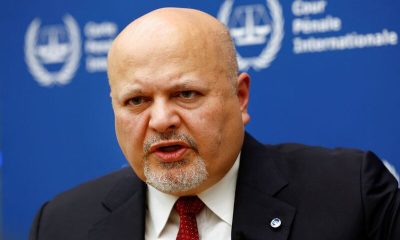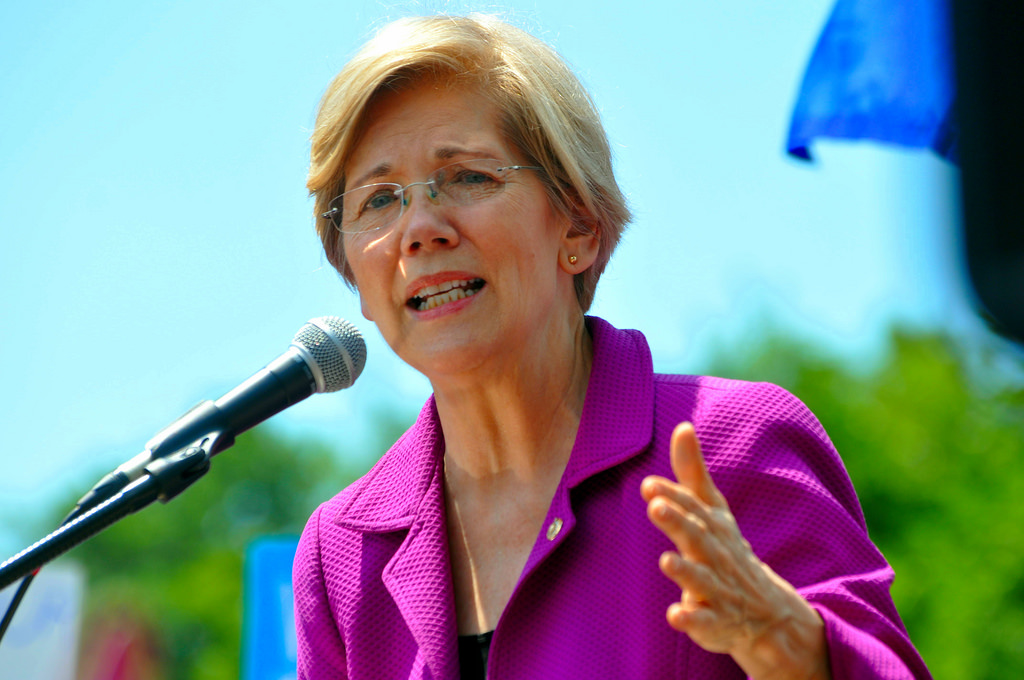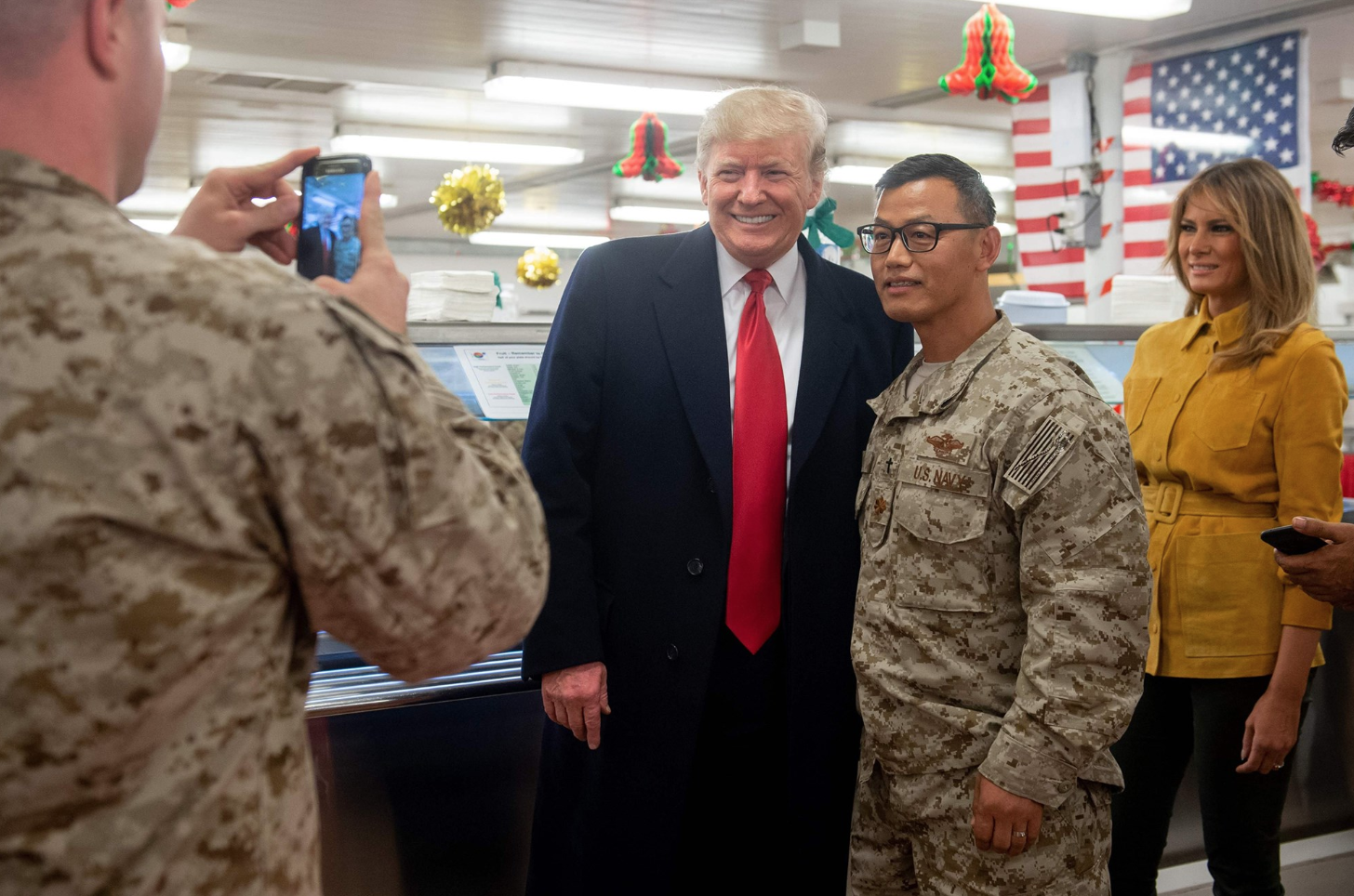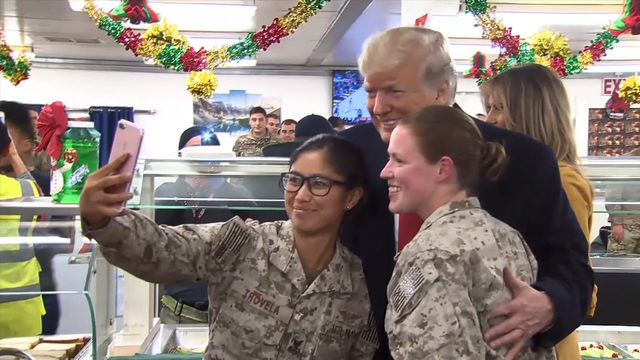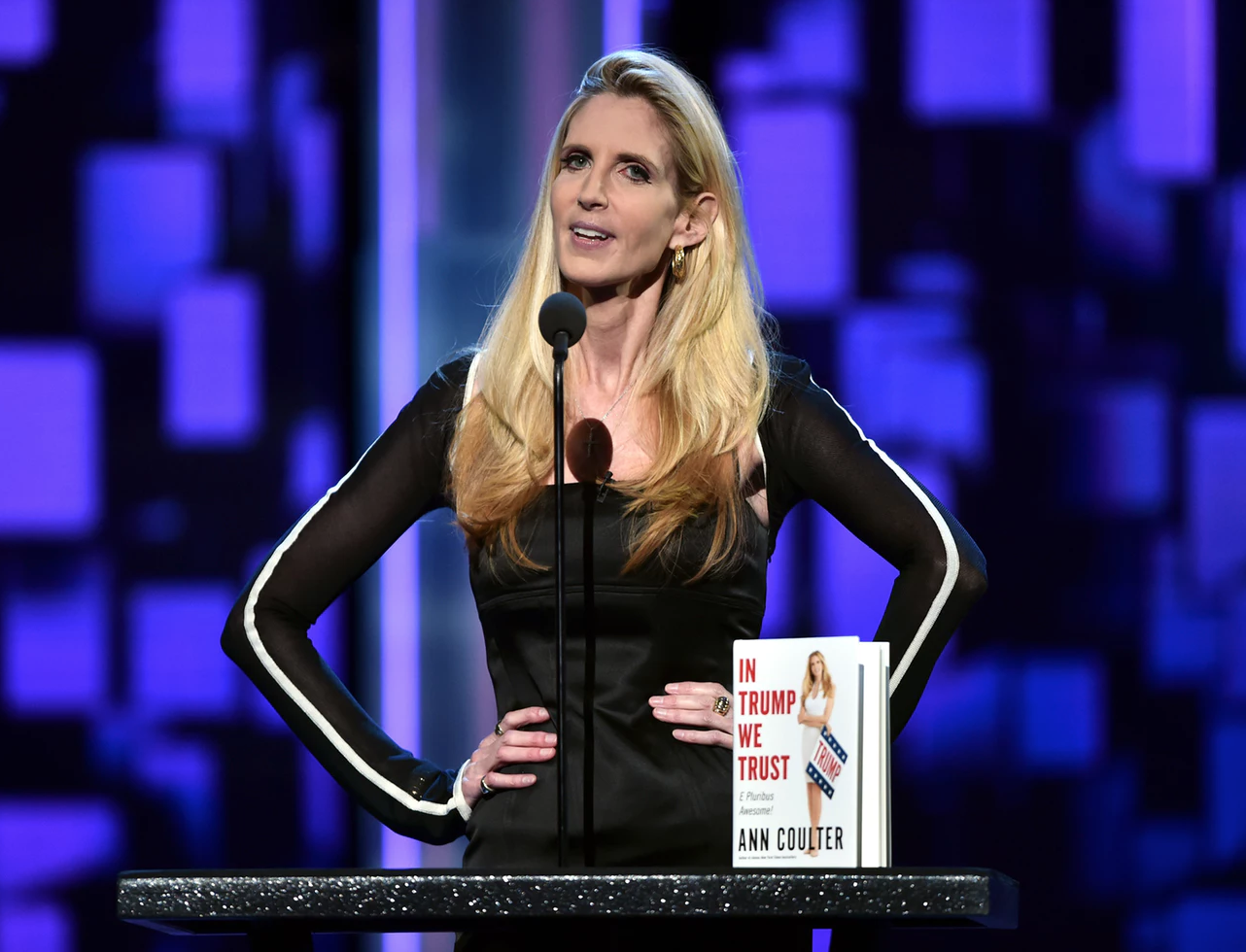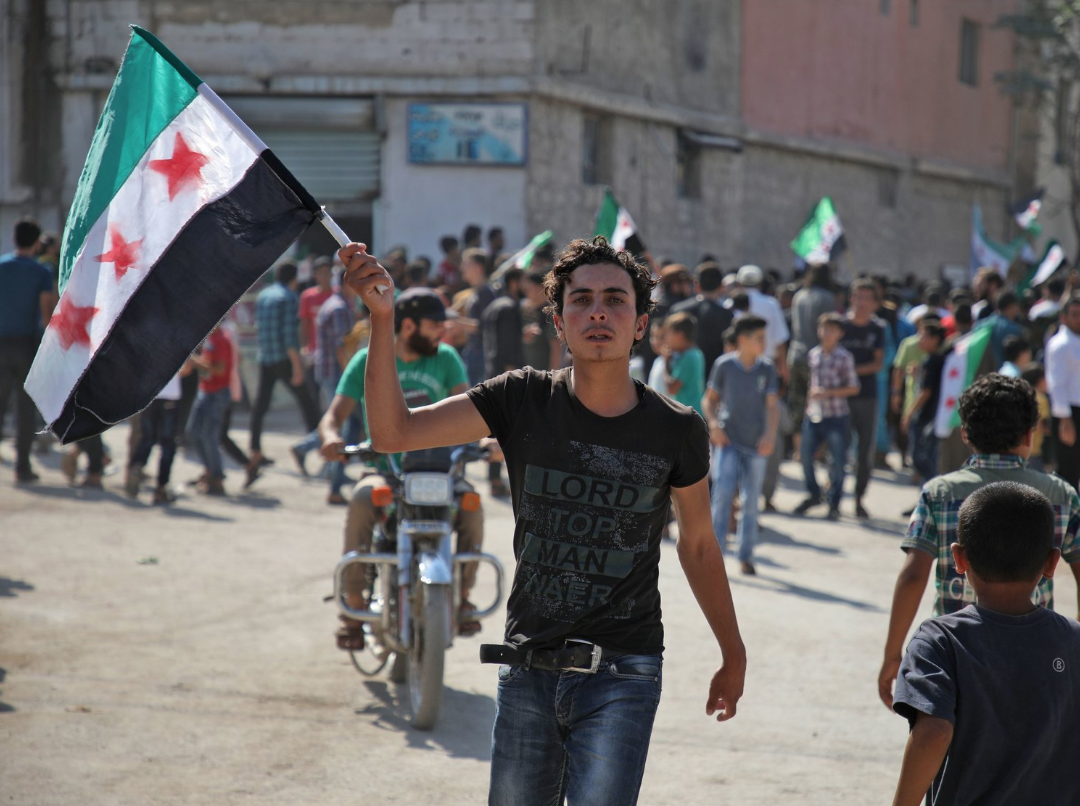AFRICA
Nobel Peace Prize Goes to Anti-Rape Activists
The 2018 Nobel Peace Prize has gone to anti-rape activists Nadia Murad and Denis Mukwege.
As Brett Kavanaugh’s bitter nomination fight monopolizes all conversations of sexual violence, the work of Murad— a Yazidi rape survivor—and Mukweg— a Congolese gynecologist—urges everyone to look beyond partisan squabbling in the U.S. and recognizes the sheer brutality faced by women all over the world.
Both award recipients come to represent the global battle against gender-based violence. Murad’s story, especially, showcases the active role of the sexual assault survivors as they turn their tragic past into a source of strength and compassion.
Now a fearless fighter for the rights of rape victims in conflicts, just four years ago Murad was herself a victim of sexual enslavement by ISIS militants.
On August 3, 2014, ISIS besieged Murad’s hometown—the quiet village of Sinjar.
“We knew that something dreadful was about to happen to us,” she said during an interview with BBC HARDtalk.
She recalled calmly how on that same day she was corralled inside a high school building along with other women and children. Then, from windows of the village school, she witnessed the massacre of 700 Yazidi men, including her six brothers, by the edge of the town.
For more than a year, no one tried to examine the site of killing or report on the incident. 700 men simply vanished.
“No help came, not from inside Iraq or elsewhere,” she said.
That night, ISIS militants transported 150 young girls including Murad and her three nieces to Mosul.
“On the journal they were touching our breasts and rubbing their beards in our faces.” She told the interviewer how they silently endured the mistreatment, not knowing what to expect once they arrived.
The next day, a group of ISIS soldiers came to bring them home. Some of the girls were only about 10 to 12 years old. They were crying and clinging to the older girls as soldiers dragged them away.
“The man who selected me was very fat,” Murad recalled. She begged another skinnier militant to take her, hoping that a smaller man would inflict less pain.
She was wrong. All of them were violent rapists.
“I found myself wishing that I had stayed with the fat man as he had also taken one of my nieces,” she added.
After staying with the first soldier, she was passed on to many other men, as it was common for soldiers to sell their girl a few days or even a couple hours after they had her.
By then she had not heard from her family for weeks, so she implored her captor to let her make a minute-long phone call to her nephew. The man said yes, but on the condition that she would lick his toe which he had covered in honey.
Desperate for a family voice, she agreed.
“Most people die once in their lifetime but we were dying every hour,” said Murad, still perfectly composed, her speech calm and eloquent, the involuntary shaking in her voice barely perceivable to the audience.
One time she asked her rapist: “why are you doing this to us? Why did you kill our men? Why are you violently raping us?”
“You deserve this, you are infidels,” he said. “We are doing our duties.”
Murad tried to run away once but was caught on the site.
As a rule, if a woman attempted to escape, she would be locked in a tiny cell and raped by all the soldiers in the room—the “sexual jihad,” as they called it.
After this, the idea of escape rarely occurred to her.
Yet one day, as her captor went out to buy her some clothes before selling her off to another man, a sudden burst of courage hit her and she started running frantically away from the house, until she reached a Muslim household and knocked on their door.
The family—not an ISIS sympathizer in any way and equally abhorred by their horrendous deeds—did not hesitate to offer all the assistance she needed. They provided her with a black abaya and an Islamic ID and made sure that she safely crossed the border.
When the interviewer asked Murad if she ever thought of committing suicide, she simply replied “no.”
“I believe that everyone should accept what god has given them regardless of whether they are poor or have suffered injustice.”
Murad’s calm resignation to her own fate stands in shocking juxtaposition to her unyielding determination as she now seeks freedom and justice for other women still suffering from sexual war crimes.
Since her escape, she has been to America, Britain, Europe and a number of Arabic countries to campaign for the rescue of Yazidi women in sexual enslavement. She met with parliamentary members and world leaders, telling them what was happening in Sinjar and what she had to go through.
But her quest for justice was marked by setbacks and disappointments. According to Murad, whenever she appealed to officials and politicians, they always listened carefully but never made any promises.
“The situation is urgent and requires actions within hours…I keep telling my story but nothing has happened.”
She said of her yearlong campaign to push the world to react.
Because of her relentless work, in 2016, Murad became the U.N.’s first Goodwill Ambassador for the Dignity of Survivors of Human Trafficking. And now, she received this year’ Nobel Peace Prize and will formally accept the award during the ceremony in Oslo on December 10.
Whether this award signifies a real change in the West’s dealing with such conflicts, however, is yet to be seen.
Featured Image via AP/Christian Lutz
AFRICA
The UK paid Rwanda an additional $126 million for the contested migrant plan.
As the tab for Britain’s controversial proposal to relocate asylum seekers to the East African nation continues to increase, the United Kingdom paid Rwanda an extra 100 million pounds ($126 million) in April. This was in addition to the 140 million pounds it had already provided Rwanda.
Even though the Rwanda project is at the core of the policy that British Prime Minister Rishi Sunak is employing to discourage illegal immigration, there have been no individuals sent to Rwanda as of yet due to legal challenges that have taken place since the initiative was introduced in 2022.
After Sunak’s immigration minister resigned this week, the polarizing policy is now regarded as a danger to Sunak’s leadership, which is anticipated to be challenged in the election that will take place the following year.
According to a letter that the British Ministry of the Interior issued on Thursday, the United Kingdom plans to give Rwanda fifty million pounds in addition to the 240 million pounds it has already provided to the East African nation.
The opposition Labour Party criticized the disclosures regarding the rising cost of a scheme that legal experts warned could collapse. Some parliamentarians within Sunak’s party are also expected to express their disapproval of the idea.
A statement by Yvette Cooper, the shadow interior minister for the Labour Party, on social networking site X, said, “Britain cannot afford more of this costly Tory chaos and farce.”
On Friday, however, the newly appointed minister for legal migration, Tom Pursglove, explained what he called the “investment” of 240 million pounds. He stated that once the Rwanda policy was operational, it would reduce the money spent on hosting asylum-seekers in the United Kingdom.
“When you consider that we are unacceptably spending 8 million pounds a day in the asylum system at the moment, it is a key part of our strategy to bring those costs down,” Pursglove explained to Sky News.
Pursglove stated that the money donated to Rwanda would assist in the country’s economic growth and help get the asylum relationship with the United Kingdom up and running.
There was no connection between the money sent to Rwanda and the treaty that the two nations signed on Tuesday, according to the letter from the Ministry of the Interior.
The treaty aims to respond to a ruling by the Supreme Court of the United Kingdom, which stated that the deportation plan would contravene local laws based on international human rights standards.
“The Government of Rwanda did not ask for any payment in order for a Treaty to be signed, nor was any offered,” according to the correspondence.
After Robert Jenrick resigned from his position as immigration minister on Wednesday, Sunak made a plea to fellow Conservative parliamentarians on Thursday to come together in support of his Rwanda proposal. He stated that the emergency legislation the government had drafted to get the scheme up and running did not go far enough.
Africa
UK interior minister travels to Rwanda to resurrect asylum plan.
On Tuesday, the Minister of the Interior of the United Kingdom, James Cleverly, came to Rwanda to sign a new treaty. This was done to circumvent a court judgment that blocked the government’s contentious policy of transferring asylum seekers to the East African nation.
The Rwandan plan is at the core of the government’s attempt to reduce migration, and it is being closely monitored by other nations who are considered to be considering policies that are comparable to Rwanda’s.
In a decision handed down a month ago, the Supreme Court of the United Kingdom stated that such a move would violate international human rights norms embedded in domestic legislation.
Following the decision, the United Kingdom has been making efforts to revise its agreement with Rwanda to incorporate a legally binding treaty that guarantees Rwanda would not remove asylum seekers brought there by the United Kingdom. This is one of the primary concerns of the court.
Several attorneys and charitable organizations have said that it is highly improbable that deportation flights will begin before the election. With a lead of more than ten percentage points in the polls, the opposition Labour Party intends to abandon the Rwanda policy if it is victorious.
A meeting between Cleverly, who arrived in Kigali, the capital of Rwanda, on Tuesday morning, and Vincent Biruta, the country’s Minister of Foreign Affairs, is scheduled to take place to sign the agreement.
“Rwanda cares deeply about the rights of refugees, and I look forward to meeting with counterparts to sign this agreement and further discuss how we work together to tackle the global challenge of illegal migration,” Cleverly says.
The United Kingdom aims to transfer thousands of asylum seekers who came to its beaches without authorization to Rwanda under the plan that was agreed upon the previous year. This discourages migrants from crossing the Channel from Europe in tiny boats.
In exchange, Rwanda has been given an initial payment of 140 million pounds, equivalent to 180 million dollars, along with the promise of additional funds to cover the costs of housing and medical treatment for any deported persons.
THE PRESSURE
A great deal of pressure is being put on Prime Minister Rishi Sunak to reduce net migration, which reached a record high of 745 thousand people in the previous year, with the vast majority of migrants entering through legal channels.
“Stop the boats” is one of the five goals that Sunak has set for his government. The influx of asylum seekers who pay people smugglers for their crossings of the Channel, which frequently take place in boats that are overloaded and not seaworthy, is one of the aims that Sunak has set.
The Supreme Court determined that the Rwanda plan should not be implemented because there was a possibility that refugees who were deported would have their claims incorrectly evaluated or that they would be sent back to their country of origin to suffer persecution.
In the latter part of this week, it is anticipated that the new treaty will be followed by the release of legislation declaring Rwanda a so-called safe nation. This law is intended to prevent legal challenges against the planned deportation flights.
Despite this, this will probably result in a fresh set of political and legal difficulties.
An immigration attorney at Harbottle & Lewis named Sarah Gogan stated that the government’s policy will be challenged due to Rwanda’s history of violations of human rights provisions.
“Rwanda is an unsafe country and this is not a quick fix,” added the politician. “You cannot in a matter of weeks or months reform a country and turn it into one with an impartial judiciary and administrative culture.”
Another “gimmick” was what Yvette Cooper, the spokesperson for the Labour Party’s home affairs department, called the most recent measures proposed by the administration.
Whether or not to design the law in a way that would avoid subsequent legal challenges is still up for debate by the administration.
Several members of the Conservative Party in parliament are putting pressure on the government to incorporate a “notwithstanding” clause into Rwanda’s policy. This clause would disapprove the domestic and international human rights commitments of the United Kingdom regarding Rwanda.
However, some politicians within the ruling party, such as Robert Buckland, have stated that such a move would be “foolish” and undermine the Good Friday Agreement, which is primarily responsible for ending three decades of carnage in Northern Ireland. This is because the European Convention on Human Rights supports the treaty.
AFRICA
Madagascar leader wins presidential vote, constitutional court says
On Friday, the High Constitutional Court of Madagascar certified Andry Rajoelina, the current President of Madagascar, to be the victor of the election a month ago, essentially granting him a third term in office.
Following the dismissal of several challenges submitted against the preliminary results by the electoral board, the court said that Rajoelina collected 58.96% of the votes that were cast.
Florent Rakotoarisoa, the chairman of the High constitutional court, stated that “Andry Rajoelina is elected as the president of the republic of Madagascar and is taking his functions as soon as the swearing (is conducted) comes to an end.”
The rejected challenge was submitted by the politician Siteny Randrianasoloniaiko, who received 14.39% of the vote, according to the court. This was one of the challenges that was denied.
Ten of the thirteen candidates chose not to participate in the election; nevertheless, their names were already on the ballot, so they could still divide the remaining votes. The court reported that the turnout was 46.35 percent.
The election on November 16 was preceded by weeks of demonstrations, during which the opposition accused Rajoelina of having fostered conditions that were unjust to the election.
The charges that the vote was rigged have been refuted by Rajoelina, and the army has issued a warning against any attempts to destabilize the country.
As far as the opposition is concerned, the voter turnout for the election was the lowest it has ever been in the country’s history.
Hajo Andrianainarivelo, a former minister who was one of the candidates who chose to abstain from voting, has committed to fight against what he has described as a lack of respect for the rules of the state and the tyranny of the people.
“The popular fight begins now,” he declared on Thursday referring to the ongoing conflict.
Rajoelina, now 49 years old, initially won power in a coup in 2009. After resigning from his position as the head of a transitional authority in 2014, he went on to win another election in 2018 and regain his position as president.
-

 Geopolitics & Foreign Policy2 months ago
Geopolitics & Foreign Policy2 months agoTurkey’s Erdogan says he may visit Egypt soon, discuss Gaza patients -media.
-

 Europe3 months ago
Europe3 months agoRussia’s Shoigu accuses the West of seeking to expand the Ukraine war to the Asia-Pacific.
-

 Geopolitics & Foreign Policy2 months ago
Geopolitics & Foreign Policy2 months agoCeasefire takes hold in Gaza ahead of hostage release; aid enters enclave.
-

 Geopolitics & Foreign Policy2 months ago
Geopolitics & Foreign Policy2 months agoRussia deploys new nuclear missile in Kaluga region – RIA
-

 America4 months ago
America4 months agoRepublican US House to hold first Biden impeachment inquiry hearing
-

 Geopolitics & Foreign Policy2 months ago
Geopolitics & Foreign Policy2 months agoChina’s military: US Navy ship ‘illegally’ entered territorial waters
-

 Europe3 months ago
Europe3 months agoZelenskiy, at NATO HQ, asks for weapons to face winter of ‘terror’
-

 Agriculture4 months ago
Agriculture4 months agoIAEA, Japan agree on continuous safety review of Fukushima water


